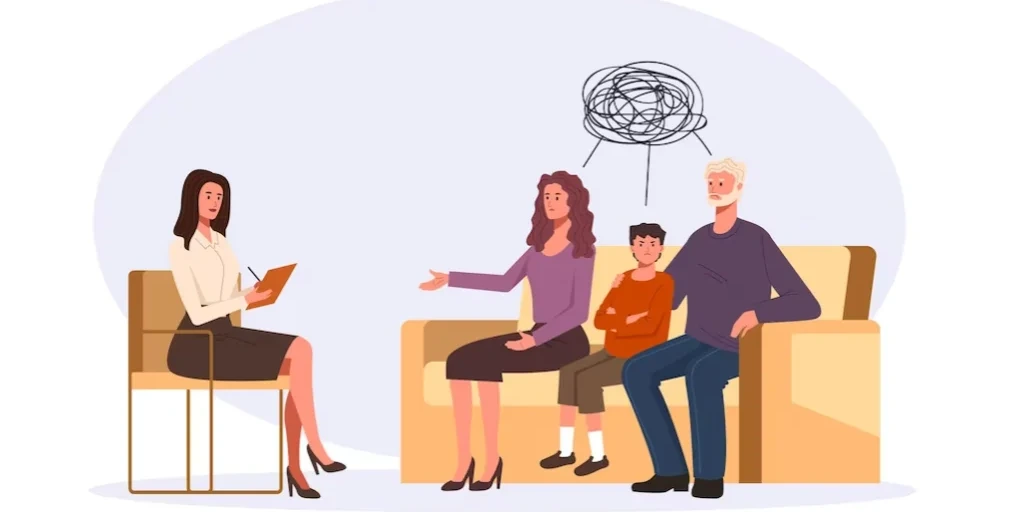24/7 Helpline:
(866) 899-221924/7 Helpline:
(866) 899-2219
Learn more about Eating Disorder Treatment centers in Cass County

Other Insurance Options

Lucent

Horizon Healthcare Service

Self-pay options

WellPoint

AllWell

Sliding scale payment assistance

Humana

CareFirst

UnitedHealth Group

Excellus

American Behavioral

Health Partners

UMR

Meritain
Beacon

Regence

Highmark

Multiplan

Optum

United Health Care

Woodlands Behavioral Healthcare Network
Woodlands Behavioral Healthcare Network works with individuals, families, and the community to inspi...


























































































